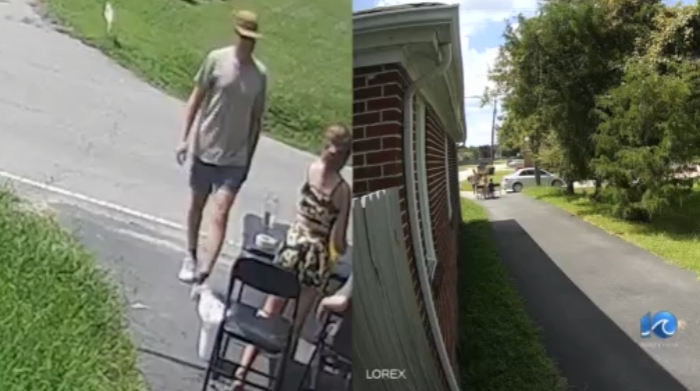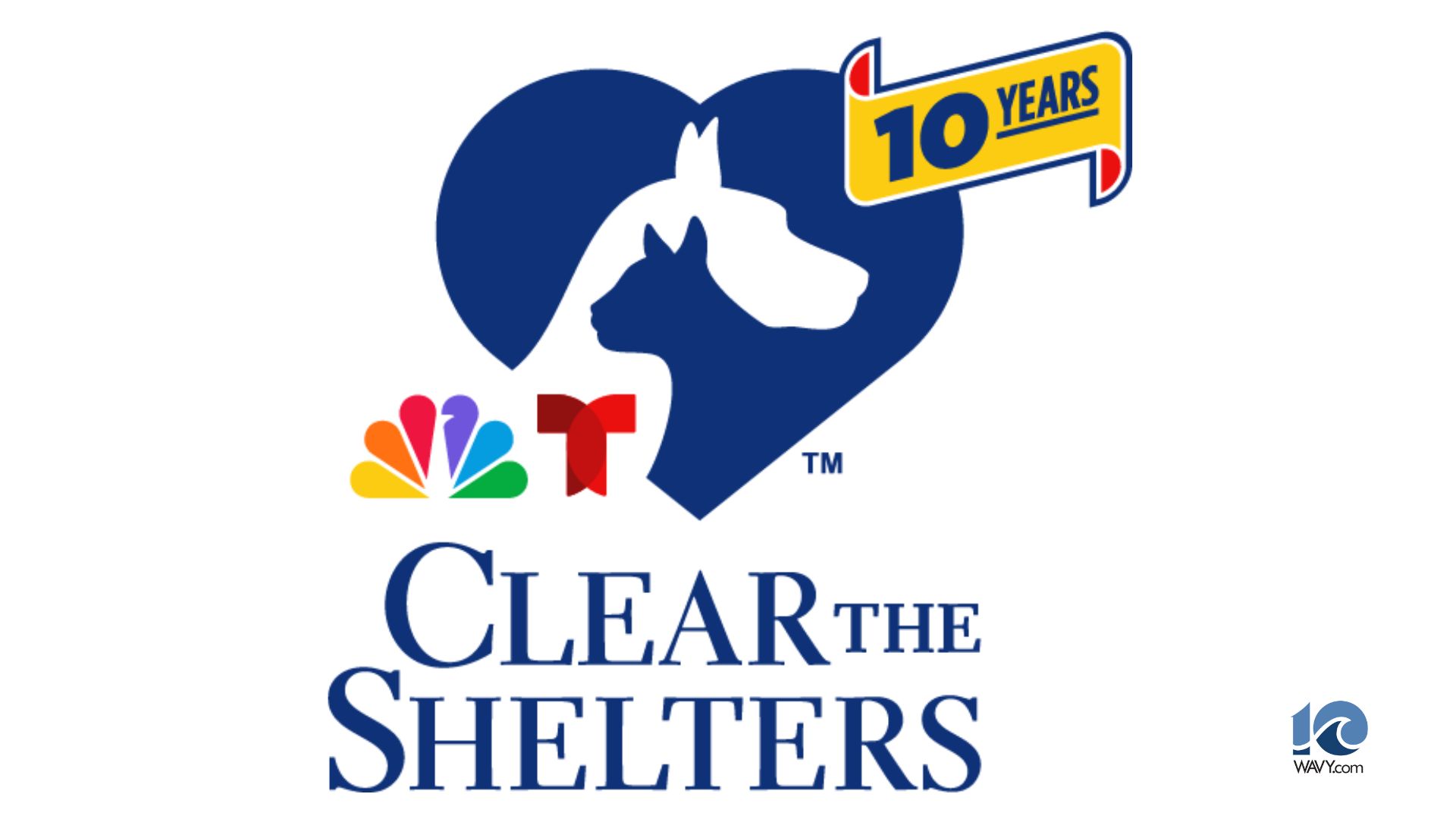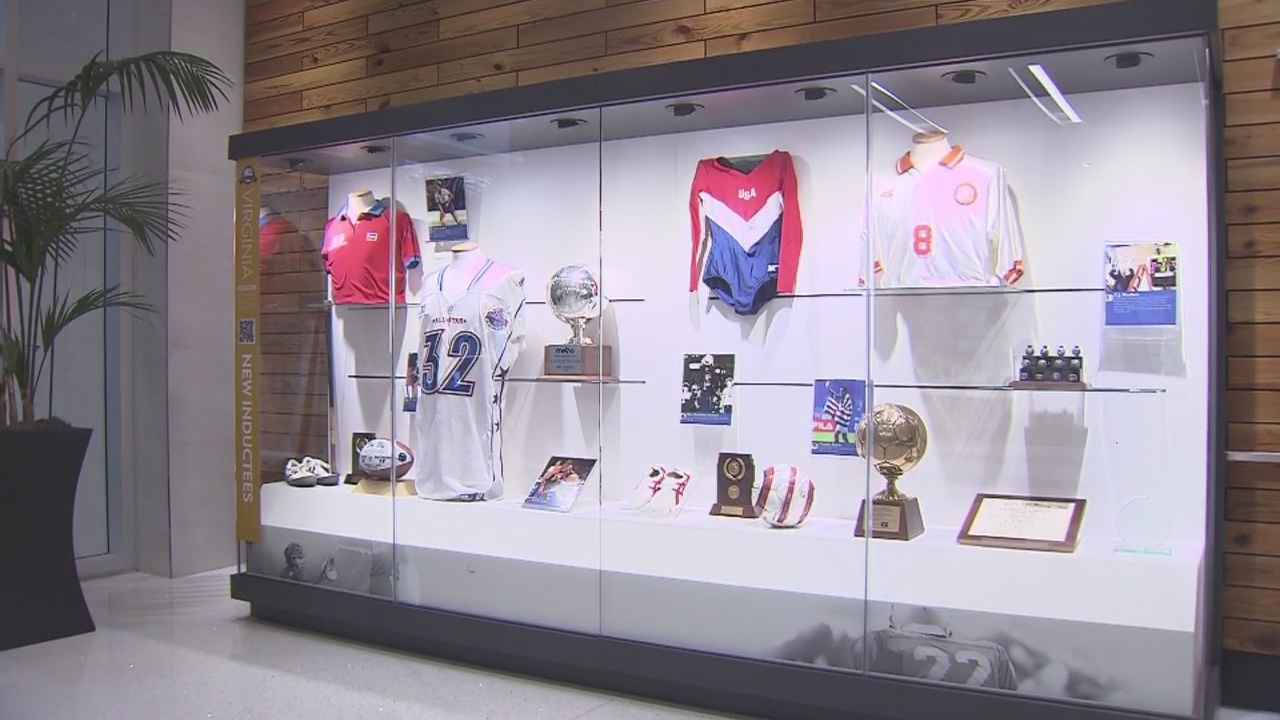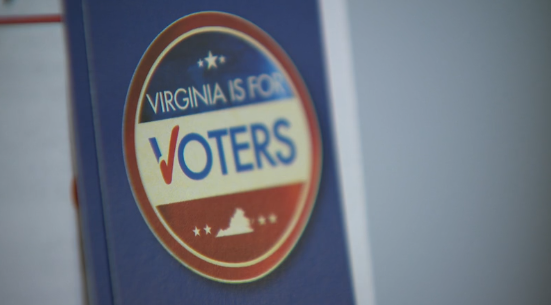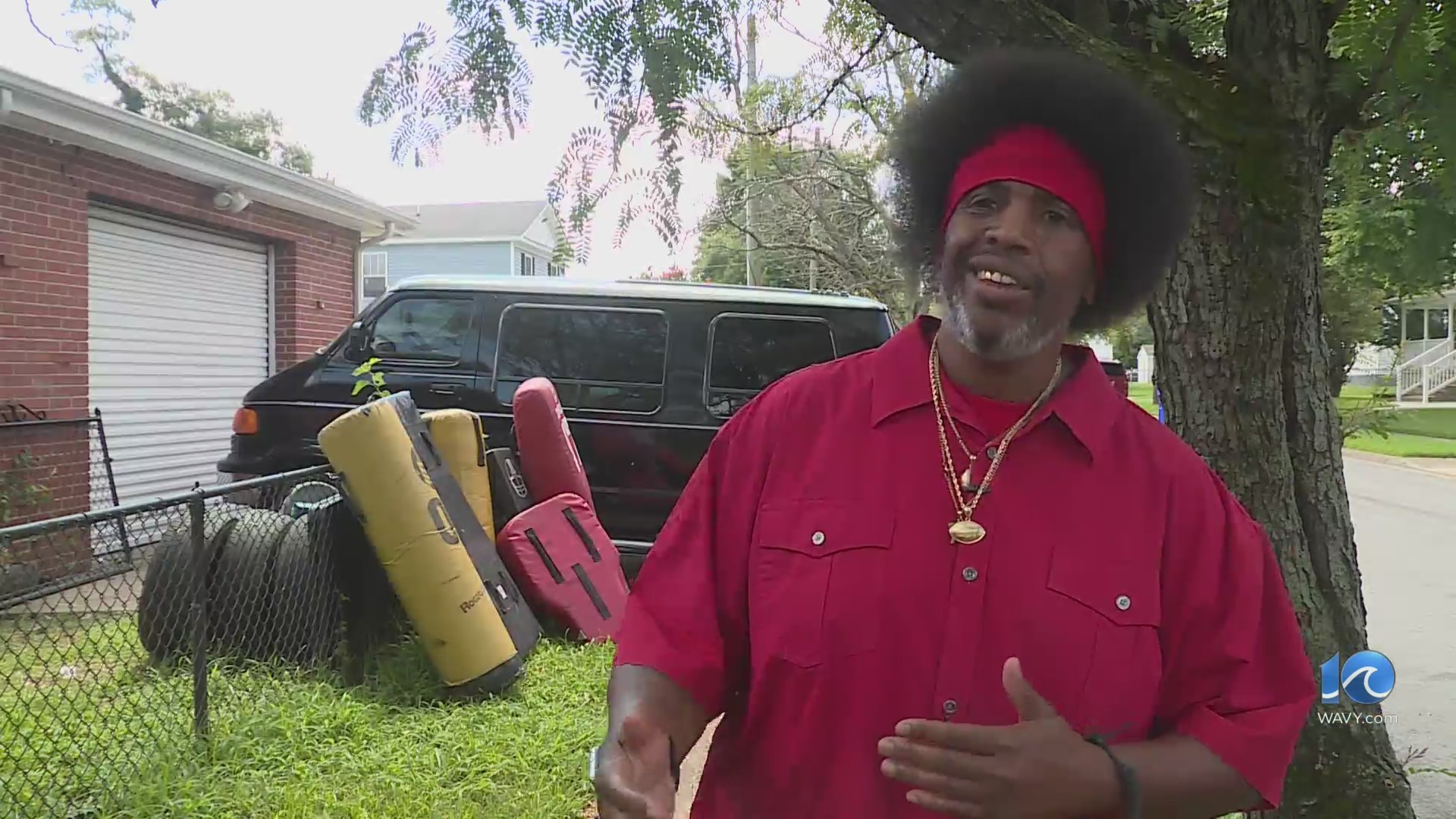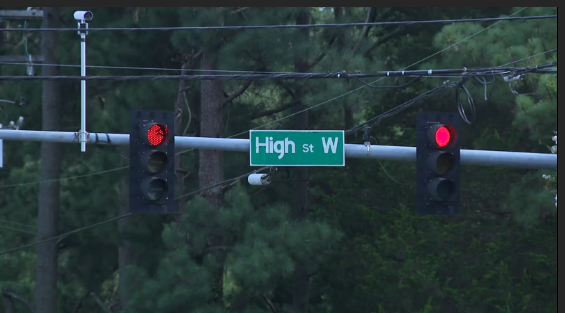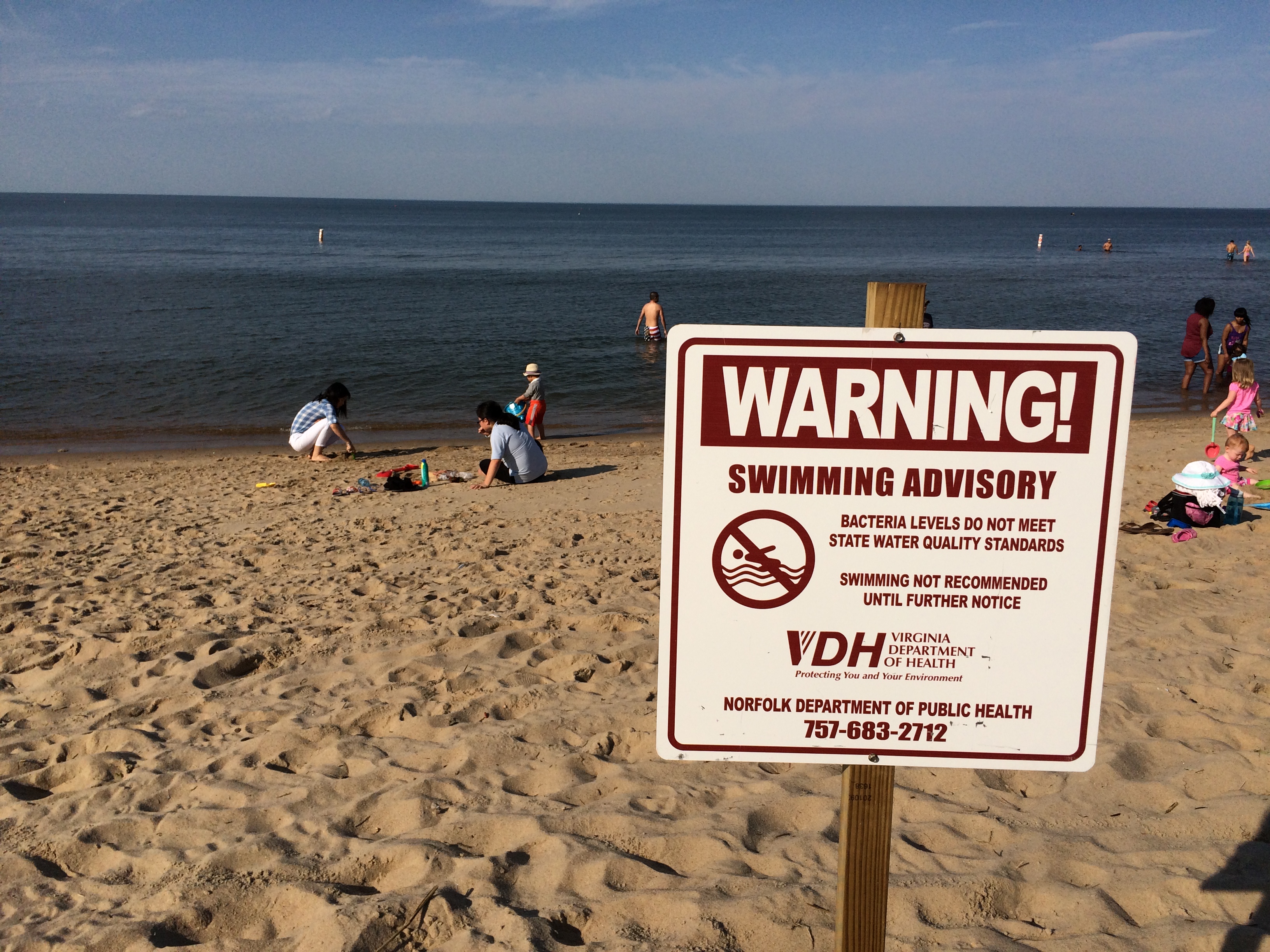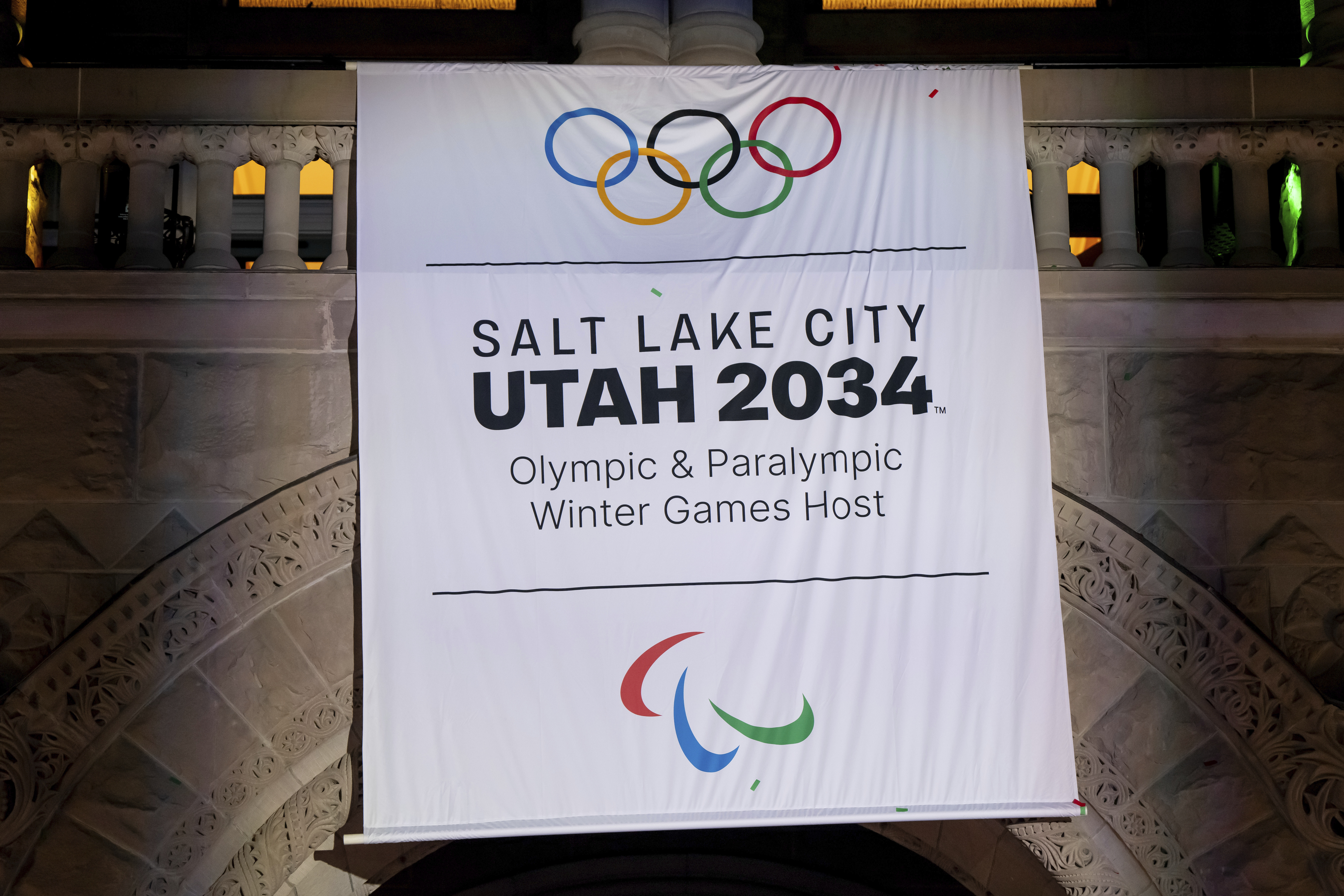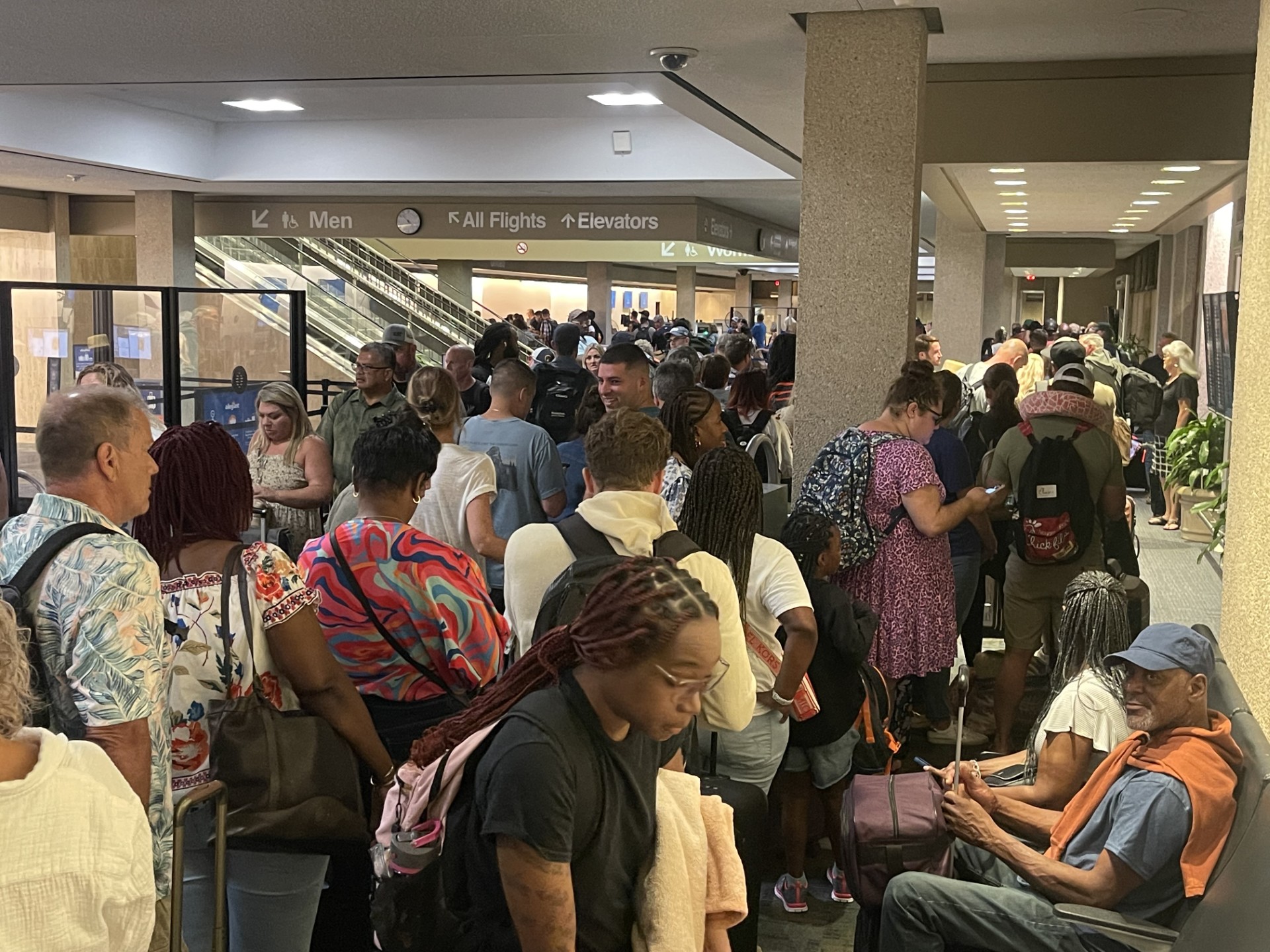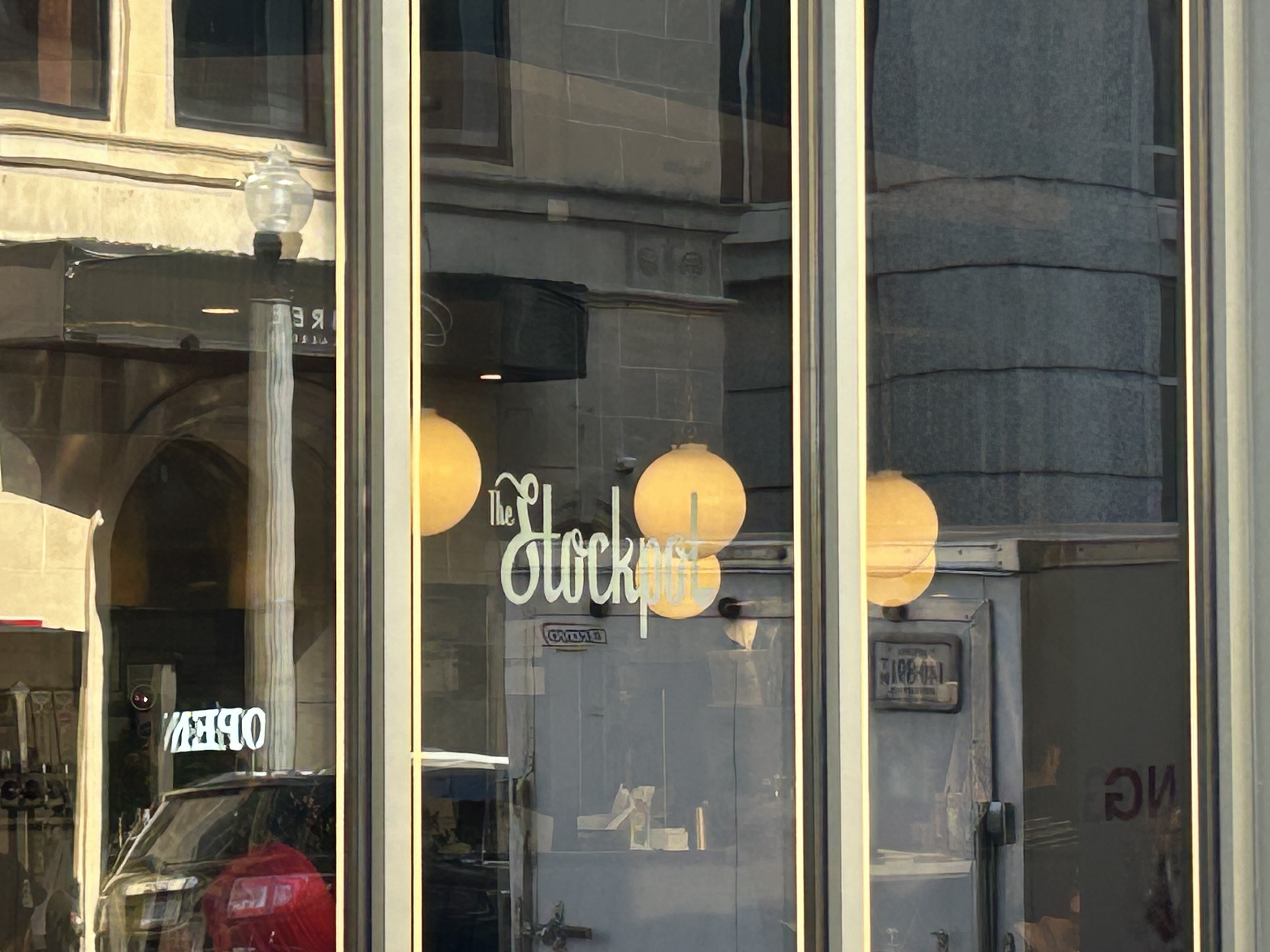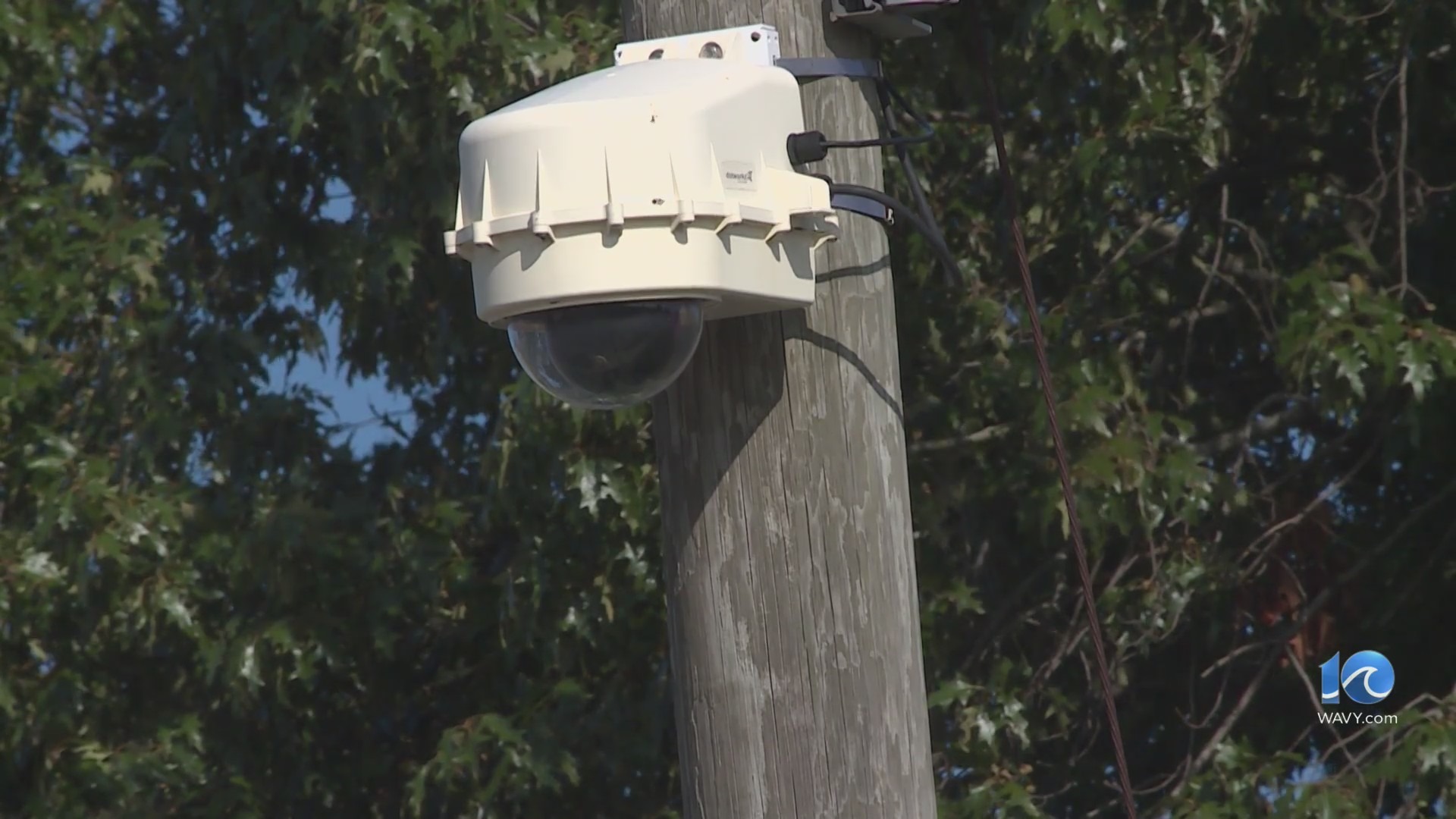CHESAPEAKE, Va. (WAVY) — An effort to change the way City Council and School Board members are elected in Virginia’s second largest city is gaining momentum.
Tuesday, a resolution is up for a vote in front of City Council that, if passed, would place an advisory referendum on the November 2024 ballot. Voters would be asked if they would like to change from Chesapeake’s at-large system, in which all members of City Council are voted on by all registered voters, to a system that has the city divided into eight districts, where you only vote for the mayor and the council member that lives in your district.
This is also known as single-member districts, or a ward system.
The Chesapeake chapter of the NAACP is leading the charge behind the effort to shift the process, saying it will ensure everyone has proper representation.
However, as is often the case, a political undertow is ever present.
Chesapeake’s City Council and School Board are currently made up of nine members. Under Virginia Law, they are not allowed to declare a party. However both the Chesapeake Republican and Democratic parties often endorse a slate of candidates.
Last fall during her re-election campaign, State Sen. Louise Lucas, (D-Portsmouth) made her position clear while speaking at community meeting.
“I couldn’t think of anything more worthy in the city of Chesapeake then to file a lawsuit and get a ward system in Chesapeake,” Lucas said. “You’ll have one Democrat and eight Republicans unless you get a ward system in the city of Chesapeake.”
Lucas went onto say she would work to send people to petition the City Council to make the change.
“People in Chesapeake are watching them, and they are depending on them to do the right thing, do the right thing by Black folks finally,” Lucas said.
Of Chesapeake’s population of more than 249,000, 30% identify as African American, according to the latest U.S. Census. Sixty percent of the population is considered White. While the percentage of African Americans in the city remained relatively flat from 2010 to 2020, the percentage of those identifying as White decreased by roughly 3%.
Currently, the nine member City Council has two African Americans members. However there have been up to three in the past, and the city’s longest serving mayor in history, Bill Ward, was African American.
Dr. Shirley Auguste, president of the NAACP Chesapeake Branch, said it is all about representation in her view.
“Some of our communities will not have any representation on the City Council or School Board,” Auguste said. “We want to support all areas and people by ensuring everyone has proper representation on the City Council and School Board.”
Chesapeake is more than 353 square miles with urban areas and higher population density to its north, and agricultural land in its south.
Under Chesapeake’s city charter, there is no requirement on where within the city limits City Council and School Board members must live. In theory, all members could live on the same street.
Councilman Don Carry, who after losing a Republican primary last year for delegate is now running with Democrat support for mayor, first brought the idea for the referendum to council after thinking of the implications.
“You can lose sight of whole communities under our current system and then they won’t get help,” Carry said. “When I began to knock on doors, none of the citizens knew who their council people were. That leads to a lack of clarity on process and who to contact.”
Still, though, Carry said he sees the “merits” of both systems and simply wants the people to have a voice.
“None of this is political for me,” Carry said.
Mayor Rick West contends politics surrounds it all.
“I think whenever you talk about when people vote and who they represent, it is very political,” West said.
If the referendum is approved, the system wouldn’t automatically change. Rather, a state lawmaker would have to carry legislation in the General Assembly. However, West believes there are still too many unknowns to take the issue to the voters.
“It hasn’t been [an issue] that we have really looked into,” West said. “We just don’t know. We don’t know how boards would be divided. We don’t know the impact that it would have on our minority representation, adversely or otherwise, for School Board and City Council. Just so many things we don’t know about it.”
Still he wanted to let people come out and speak on the issue — something Auguste plans to do.
“Let’s demand that every community be represented,” Auguste said in a release. “Norfolk and Virginia Beach have already adopted this system and it is working.”
Norfolk was ordered back in the 1980s by a federal judge to move from an at-large system to a ward system. The same happened in Virginia Beach in 2020, and the issue is still being fought.
Dr. Benjamin Melusky, an ODU political science professor, said the shift Chesapeake is seeing is actually one many communities went through decades ago.
“Overall at-large districts were the most common form of representation for local offices until 1960s and the passage of the Voting Rights Act in 1965,” Melusky said. “Since the 1960s, single-member districts have become the method of choice for local elections because they enable smaller geographically-situated communities to send their representatives to larger legislative assemblies.”
Melusky wouldn’t go as far to say at-large systems disenfranchise any particular group, but he said single-member representation has shown in the past to increase diversity.
“If you look at the changes in Virginia Beach moving to the 10-1 system, they moved to having the most diverse City Council they had in history,” Melusky said.
If a change to the voting system is ultimately made, it will be the second substantial change to the city’s local elections since 2022. For all of Chesapeake’s history, City Council and School Board members had been elected in May. Now those elections happen in the fall.
The public hearing will begin at 6:30 p.m. Tuesday at Chesapeake City Hall.
“For years, we fought about this issues,” Melusky said. “As of late, we are fighting more on how the institutions are made up.”
CORRECTION: An earlier version of this story incorrectly identified the size of Chesapeake. WAVY-TV regrets the error.















































































